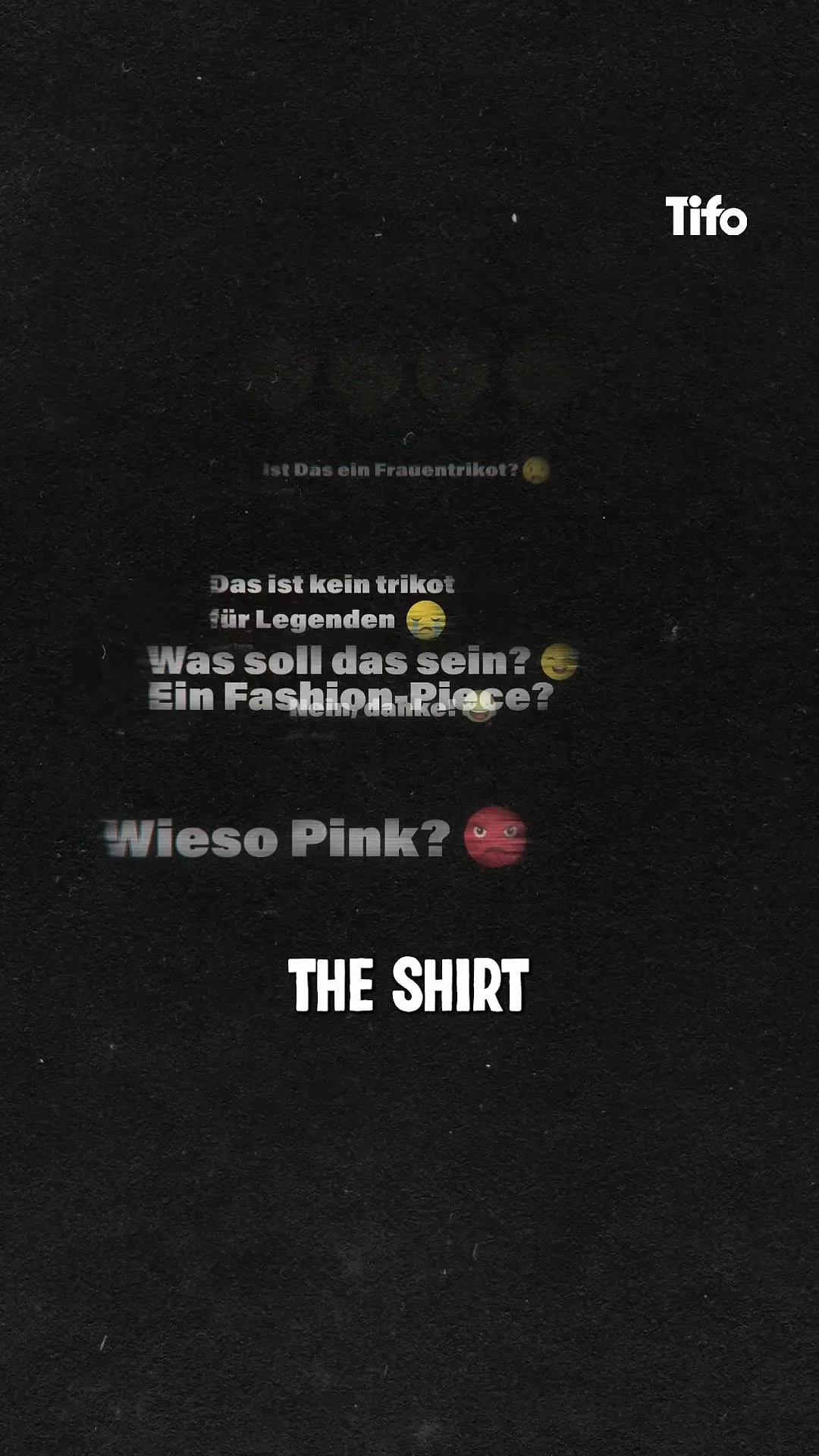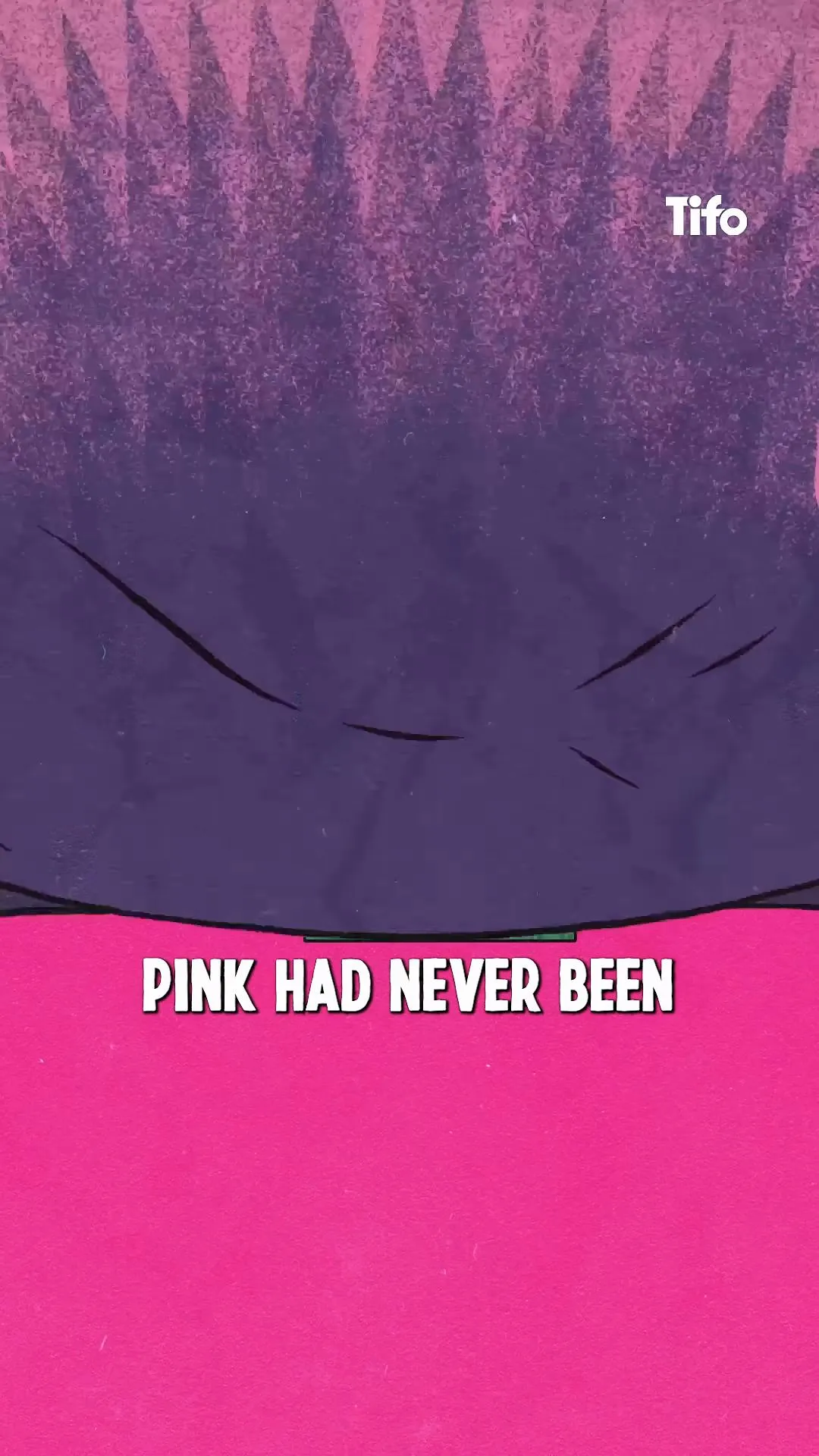The Germany Pink Shirt Controversy has sparked intense discussions among football fans and cultural commentators alike. Why did a simple color choice for a national team shirt become such a contentious topic? The answer lies in the intersection of tradition, modernity, and identity. The pink shirt, representing a departure from the traditional colors of red, black, and green, is not just a fashion statement; it embodies the evolving narrative of German football and its supporters. As we delve into this controversy, we’ll explore the cultural implications, marketing strategies, and reactions from fans, shedding light on why this seemingly innocuous shirt has generated such a polarized response.
Understanding the Germany Pink Shirt Controversy
The Germany Pink Shirt Controversy emerged when the German Football Association (DFB) and Adidas unveiled a new away kit that featured a vibrant pink design. Traditionally, the German national team’s away kits have stuck to more subdued colors, primarily reflecting the national flag’s palette. This bold choice raised eyebrows and led to a flurry of reactions from fans and critics alike.
What Does the Pink Shirt Represent?
In the promotional materials, the pink shirt was described as a symbol of the new generation of German football fans, highlighting the country’s growing diversity. This led to interpretations of the shirt as a statement of inclusivity in a sport that has often been critiqued for its lack of representation.
Marketing Strategy Behind the Controversy
The marketing strategy employed by Adidas was clever and engaging. In a promotional video, prominent German players—both past and present—were featured mocking the backlash. They playfully challenged the notion of what it means to be “typically German,” embracing a more modern and inclusive identity. This approach not only aimed to diffuse criticism but also showcased the players’ personalities, making the campaign relatable to younger audiences.
Public Reaction to the Pink Shirt
The reactions to the shirt were mixed, with some fans embracing the change while others derided it. Critics mockingly dubbed it the “Barbie kit,” arguing that it strayed too far from the traditional image of the national team. This backlash highlighted a tension between preserving cultural heritage and embracing contemporary values of diversity and inclusion.
Sales Success Amidst Criticism
Despite the controversy, the pink shirt became the fastest-selling away kit in the history of the German national team. This phenomenon raises interesting questions about consumer behavior. Are fans purchasing the shirt out of genuine affection for its design, or as a statement of support for the values it represents?
Here’s a breakdown of the reactions:
- Supporters: Many fans praised the shirt for its boldness and modernity, viewing it as a progressive step for the national team.
- Critics: Detractors argued that the shirt lacked historical significance and did not align with the traditional values of German football.
- Neutral Observers: Some fans appreciated the discussion it sparked about identity and representation in sports.

Exploring Cultural Identity and Tradition
The Germany Pink Shirt Controversy also touches on deeper issues of cultural identity in sports. As globalization impacts football, national teams are increasingly seen as representatives of their country’s values and societal changes. In this context, the pink shirt serves as a reflection of Germany’s evolving identity, where tradition coexists with modernity.
Tradition vs. Modernity in Sports
In many cultures, sports uniforms symbolize national pride and heritage. The challenge comes when these symbols are reinterpreted to reflect contemporary values. The pink shirt invites a dialogue on how nations can honor their history while also adapting to the present. This dynamic is not unique to Germany but is part of a larger trend in sports where inclusivity becomes paramount.
Case Studies in Cultural Shifts
Other national teams have similarly faced backlash for changing their kits. For example, the United States women’s national team has navigated controversies surrounding their uniforms that reflect broader social issues. As sports continue to evolve, these discussions will remain relevant.
The Economic Impact of Controversial Merchandise
The quick sales success of the pink shirt exemplifies how controversy can lead to increased visibility and consumer interest. In the age of social media, shirts that spark debate often attract attention, leading to higher sales. Here’s how the economic impact can be analyzed:
| Factor | Impact |
|---|---|
| Social Media Buzz | Increased visibility and engagement |
| Controversy | Drives curiosity and sales |
| Branding | Aids in building a modern brand image |

Future of German Football and Its Representation
The Germany Pink Shirt Controversy raises important questions about the future of representation in sports. As global influences shape national teams, how will they balance tradition with the need for inclusivity? German football is at a crossroads, and the choices made by its governing bodies will resonate beyond the football pitch.
What’s Next for German Football Kits?
As we look ahead, the evolution of football kits will likely continue to reflect broader societal changes. Expect to see more experimentation with colors, designs, and themes that resonate with diverse fan bases. The conversation sparked by the pink shirt may be just the beginning.
Final Thoughts on the Pink Shirt Debate
Ultimately, the Germany Pink Shirt Controversy illustrates the complex interplay between sports, culture, and identity. It serves as a reminder that football is not just a game; it is a platform for dialogue about who we are as a society. The pink shirt, while initially met with resistance, has become a powerful symbol of the transformation happening within German football and beyond.
As fans continue to debate its merits, one thing is clear: the pink shirt has made an indelible mark on the landscape of international football and cultural representation. The ongoing discussions it has inspired will likely continue to shape the narrative of sports for years to come.
